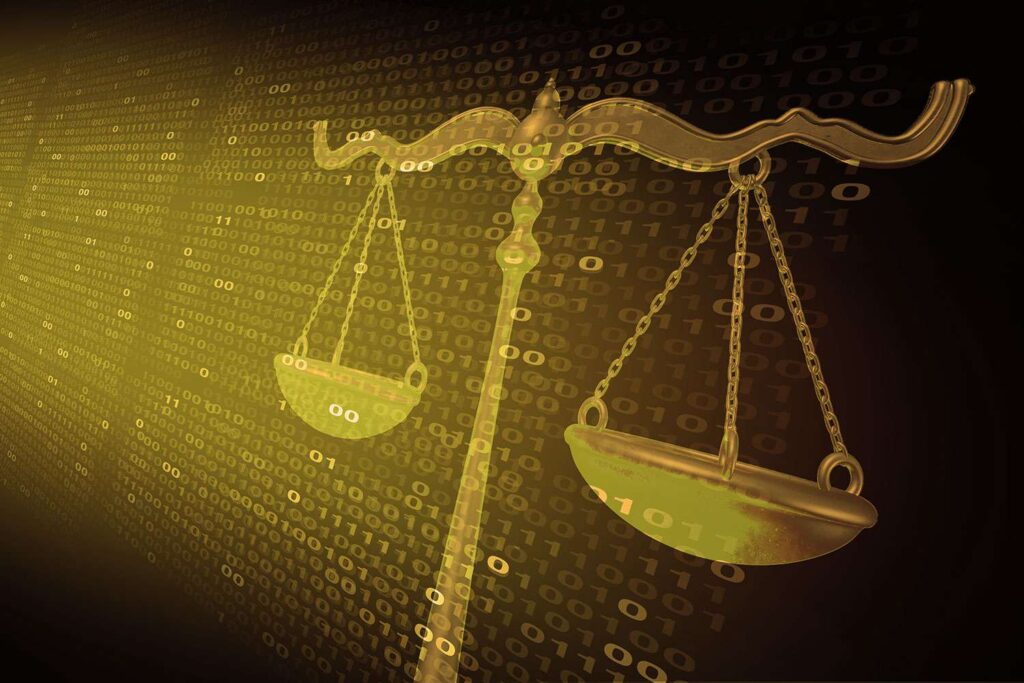In today’s digital age, there are various options available when it comes to creating a will. DIY wills and online will services have become popular choices for individuals looking to plan their estates. However, it’s important to understand the differences between these options and make an informed decision that best suits your needs. Let’s explore the basics of wills, the pros and cons of DIY wills and online will services, factors to consider when choosing between the two, and ultimately, how to make the right choice for your estate.
Understanding the Basics of Wills
Creating a will is a crucial step in estate planning that allows individuals to have control over the distribution of their assets after they pass away. It is a legal document that provides clear instructions on how your belongings, properties, and finances should be handled. By drafting online wills, you can ensure that your wishes are respected and that your loved ones are taken care of according to your intentions.
Moreover, a will not only dictates asset distribution but also addresses important matters such as appointing guardians for minor children, specifying funeral arrangements, and even leaving instructions for the care of pets. It serves as a roadmap for your family and beneficiaries during a difficult time, offering them guidance and reducing potential conflicts that may arise in the absence of clear instructions.

What is a Will and Why is it Important?
A will is a legal document that allows an individual to determine how their assets will be distributed after their death. It provides clarity and guidance to loved ones and ensures that your wishes are followed. Without a will, your estate may be subject to intestate succession, which means that the courts will decide how your assets are distributed based on predefined laws.
Key Components of a Valid Will
Creating a valid will requires careful consideration of various factors. Some key components include:
- Identification of the testator (the person creating the will)
- Appointment of an executor to carry out the wishes expressed in the will
- Description and distribution of assets
- Provisions for guardianship of minor children, if applicable
- Signatures of the testator and witnesses
Additionally, it is essential to periodically review and update your will to reflect any changes in your life circumstances, such as marriage, divorce, birth of children, or acquisition of new assets. By keeping your will current, you can ensure that it continues to accurately represent your intentions and effectively protect your legacy.
DIY Wills: Pros and Cons
The Advantages of DIY Wills
One of the main advantages of DIY wills is the cost savings. By creating your own will, you can avoid the fees associated with hiring an attorney. Additionally, DIY wills offer flexibility, as they can be completed at your own pace and convenience.
Another benefit of DIY wills is the sense of empowerment and control they provide. Crafting your own will allows you to express your wishes and distribute your assets according to your preferences. This hands-on approach can be empowering and give you a deeper sense of involvement in planning for your estate.
The Drawbacks of DIY Wills
However, DIY wills also have some drawbacks. Creating a legally valid and comprehensive will requires careful attention to detail and knowledge of estate planning laws. Mistakes or omissions could lead to complications and potential challenges to the will’s validity.
Furthermore, DIY wills may lack the personalized guidance and expertise that an experienced estate planning attorney can provide. An attorney can offer valuable insights and ensure that your will complies with all legal requirements, minimizing the risk of errors or oversights that could invalidate your wishes. While DIY options offer convenience, they may not always account for complex family dynamics or unique financial situations that could impact the distribution of your assets.
Online Will Services: Pros and Cons
The Benefits of Using Online Will Services
Online will services have gained popularity due to their convenience and accessibility. These services provide users with templates and step-by-step guidance to create their wills. They often come with additional resources and customer support.
One of the key advantages of using online will services is the cost-effectiveness they offer. Traditional estate planning through a lawyer can be expensive, while online services provide a more affordable option for individuals looking to create a will without breaking the bank. Moreover, online will services allow users to update their wills easily and efficiently, ensuring that their documents remain current and reflective of their wishes.
Potential Downsides of Online Will Services
Although online will services offer convenience, they may not always account for the specific laws and requirements of each jurisdiction. Additionally, some services might not provide the same level of legal expertise and personalized advice that can be obtained from an attorney.
Another drawback of online will services is the potential for errors or misunderstandings in the document creation process. Without the oversight of a legal professional, individuals using online services may inadvertently omit important details or clauses in their wills, leading to confusion or disputes among beneficiaries after their passing. It is essential for users of online will services to carefully review their documents and seek clarification on any legal terms or implications they do not fully understand.
Factors to Consider When Choosing Between DIY Wills and Online Will Services
Creating a will is a crucial step in estate planning, ensuring that your assets are distributed according to your wishes. When deciding between DIY wills and online will services, several factors come into play to make an informed choice that best suits your needs.
Cost Considerations
Consider your budget and the complexity of your estate. If your estate is relatively straightforward and you are comfortable navigating legal jargon, a DIY will may be a cost-effective option. However, for complex estates or if you require legal expertise, consulting an attorney or using an online service that provides attorney-reviewed documents may be more suitable. It’s essential to weigh the upfront costs against the potential savings and peace of mind that come with professional guidance.
Time and Convenience
Assess the time you are willing to invest in creating your will. DIY wills require thorough research, document preparation, and potential revisions. Online will services can expedite the process by providing templates and guidance, streamlining the creation of your will. Consider your schedule and availability to dedicate the necessary time to ensure your will accurately reflects your intentions and adheres to legal requirements.

Legal Complexity of Your Estate
If your estate involves complex assets, such as multiple properties, businesses, or international considerations, it is advisable to seek professional help. Attorneys can provide specialized advice and ensure that your will conforms to the legal requirements of your jurisdiction. They can also assist in addressing potential tax implications and intricate family dynamics that may impact your estate plan. While online services offer convenience, expert legal guidance can navigate intricate legal nuances and offer tailored solutions for your specific situation.
Making the Right Choice for Your Estate
Assessing Your Personal Needs and Circumstances
Everyone’s situation is unique, and what works for one person may not work for another. Reflect on your preferences, the size and complexity of your estate, and your comfort level with legal documents. This self-assessment will help guide your decision-making process.
Consider the intricacies of your family dynamics, including any potential conflicts or special considerations that may impact your estate planning decisions. Take into account your long-term financial goals and how you wish to distribute your assets among your beneficiaries. Understanding your personal needs and circumstances is essential in creating an estate plan that aligns with your values and objectives.
Seeking Professional Advice
When in doubt, consulting an experienced estate planning attorney can provide you with valuable insights and peace of mind. They can review your specific circumstances, offer personalized recommendations, and ensure that your will is properly drafted and executed.
Additionally, financial advisors or accountants can offer guidance on tax implications and strategies to maximize the value of your estate for your heirs. Collaborating with a team of professionals can help you create a comprehensive estate plan that addresses all aspects of your financial legacy and minimizes potential challenges for your loved ones.
Regularly Reviewing and Updating Your Will
Whichever option you choose, it’s crucial to review and update your will regularly. Major life events, such as marriages, divorces, births, or significant financial changes, may necessitate modifications to your estate plan. Keeping your will current ensures that it accurately reflects your wishes.
Furthermore, consider creating a comprehensive legacy plan that goes beyond a will to include healthcare directives, powers of attorney, and trusts. These additional documents can provide clarity and guidance for your loved ones in managing your affairs in case of incapacity or end-of-life situations. By proactively updating and expanding your estate plan, you can adapt to changing circumstances and protect your interests and those of your family.

